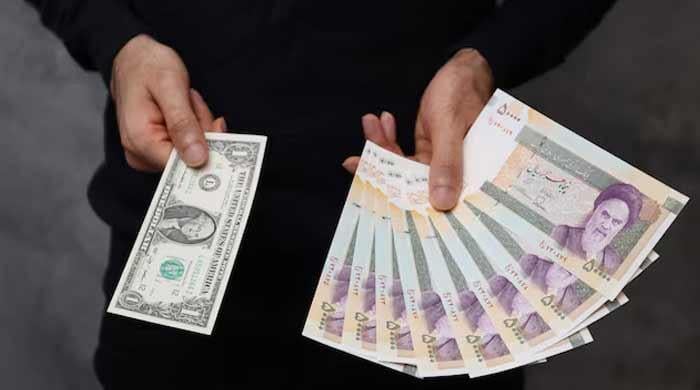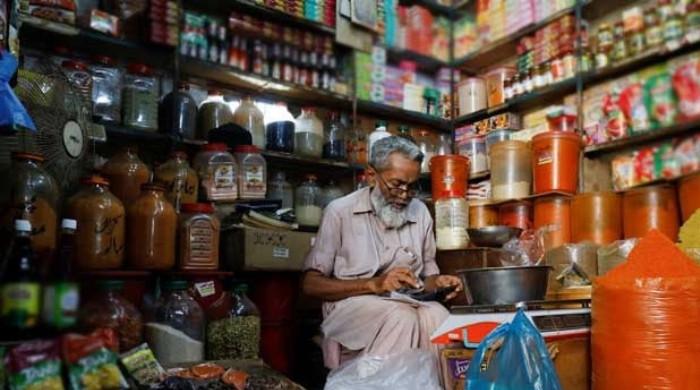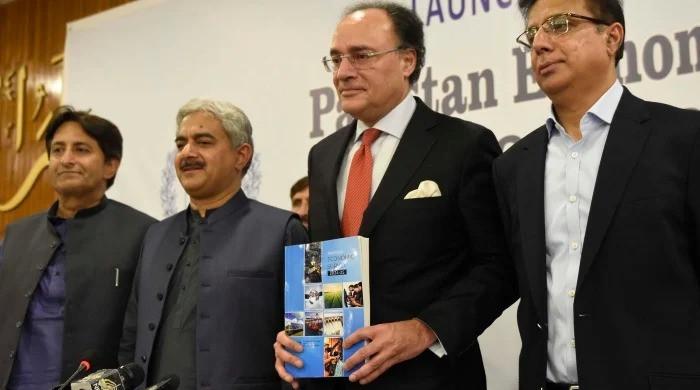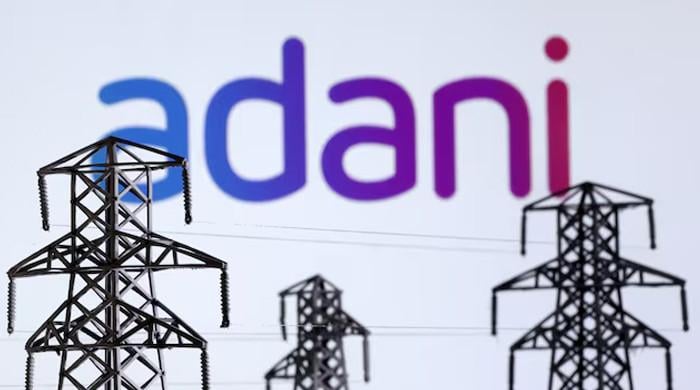Budget 2020-21: How will you be affected by the govt's tax measures?
While the budget 2020-21 is largely tax-free, there are some minor reliefs and penalties imposed by the government.
June 12, 2020
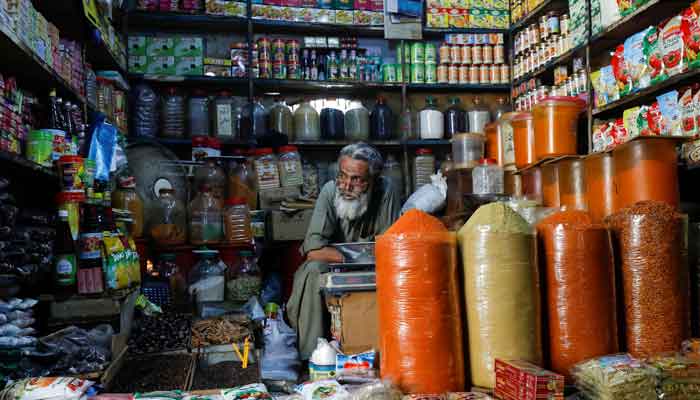
ISLAMABAD: While the government has introduced a largely tax-free budget, it has proposed various measures under the federal excise duty (FED) and sales tax regime in Budget 2020-21 which will have an impact on citizens' wallets.
While most recommendations pertain with improving documentation and streamlining the various tax regimes, the government has also provided some relief while also imposing a few new penalties.
Tax relief offered in Budget 2020-21
For example, in order to battle the coronavirus pandemic, the government has provided relief from sales tax on certain health-related items and equipment. In related move pertaining to healthcare, it has provided relief on import of dietetic foods intended for use by children suffering from Inherited Metabolic Syndrome.
Another important proposal in the budget is to reduce sales tax on mobile phones manufactured in the country, in accordance with the Mobile Manufacturing Policy. It is hoped that this new policy will see smartphones being manufactured in Pakistan.
The government has also proposed exempting withholding tax on Cash Withdrawal to the extent of Foreign Remittances
For businesses
For retailers, the government has given in to a key demand and relaxed the NIC condition. The budget proposes that retailers can carry out transactions with buyers worth Rs100,000 or less without obtaining NICs. The amount wasRs 50,000 earlier and had caused a lot of friction between retailers and the government.
Similarly, the organised retail sector which has integrated with the Federal Board of Revenue through their Point of Sale will benefit from a reduced sales tax rate of 12% compared to 14% who have not integrated.
Because cement manufacturers are facing adversity due to the coronavirus pandemic, the FED on cement has been reduced from Rs2 per kg to Rs1.75 per kg.
The government has also reduced conditions for the holding period of property and the applicable tax rates on capital gains taxes "to incentivise and propel economic activity in the real estate sector".
"The bifurcation of plots and constructed property for determining holding period of capital gains is being done away with: i.e. the holding period for taxation of capital gains on disposal of immovable property is being restricted to 4 years," the government's budget proposals say.
The government is also reducing rates on capital gains emanating from disposal of immovable property.
Penalties
On the other hand, the government has decided to increase the FED on a number of items. The rate of FED on cigars, cheroots (bidi), cigarillos and cigarettes has been increased from 65% to 100% of their retail price.
An increase in the rate of FED on filter rods from Rs0.75 to Re1 per filter rod has also been proposed, while the FED rate on caffeinated energy drinks has been fixed at 25%.
Those who have switched from smoking to vaping will also be hit with new taxes. The government has proposed FED on e-liquids of electric cigarettes at Rs10 per ml.
The government has also proposed an increase in the FED on double cabin vehicles, suggesting a 7.5% ad valorem duty in case of locally manufactured double cabin vehicle and 25% in case of imported ones.




